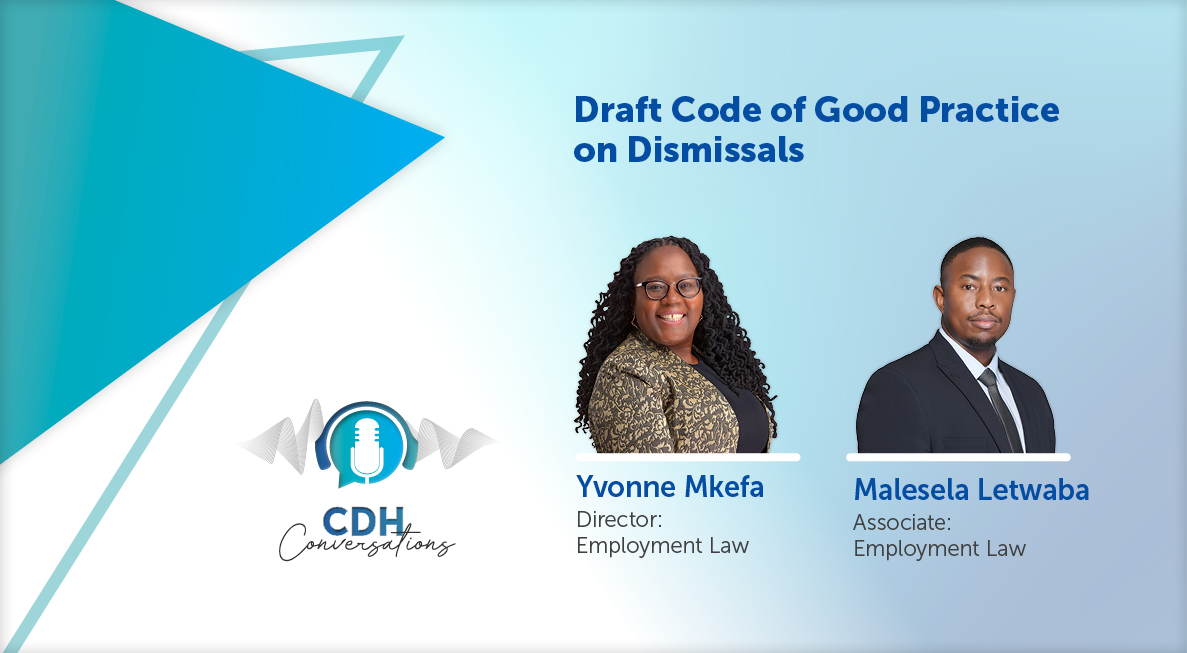Did the punishment fit the crime? The Tax Court reduces an understatement penalty imposed by SARS
Facts
- XYZ CC (Taxpayer), who is in the business of supplying “agricultural” inputs, such as lime and gypsum, to farmers, disputed being taxed on an additional amount of R2 million by the South African Revenue Service (SARS), in respect of the 2013 year of assessment.
- The Taxpayer initially claimed that the amount of R2 million constituted social development expenditure incurred in respect of Entity E, an entity that also operates in the agricultural sector, and therefore constituted a permissible deduction, in terms of s11(a) of the Income Tax Act No 58 of 1962 (IT Act).
- SARS disallowed the deduction and imposed a 100% understatement penalty. The Taxpayer objected against these decisions and then appealed when its objection was disallowed.
- While giving evidence before the Tax Court, however, the Taxpayer’s accountant testified that the R2 million was not part of the Taxpayer’s gross income, based on a credit note the Taxpayer issued to Entity E, which allegedly reflected an agreed price reduction. Therefore, it was unnecessary to prove that the requirements of s11(a) of the IT Act had been met.
- Mr B, the sole member of the Taxpayer, gave evidence that he wanted to make a donation to the V Trust. The V Trust served a community in Kwazulu-Natal of which Mr A, who worked for Entity E, was the leader.
- When Mr B found out that he could not make a deductible donation to the V Trust in terms of s18A of the IT Act, he suggested an alternative arrangement. In terms of the arrangement, the Taxpayer would credit Entity E’s account with R2 million. Entity E would then pass this gift to the community and the community would be told through the V Trust that the Taxpayer had made this donation.
- Mr B indicated that he wanted to get “some BEE points” out of this arrangement for the 2013 year. In order to prove that the money went to the community, Mr A’s accountant wrote a letter addressed to the Taxpayer in which the V Trust thanked the Taxpayer for the donation.
Finding regarding the deduction claimed
With reference to the evidence led, the Tax Court held that although social development expenditure may be claimed as a deduction, the Taxpayer could not prove that the R2 million was deductible in terms of s11(a) under the circumstances. Furthermore, it also held that the Taxpayer could not prove that the sum of R2 million did not form part of its gross income, as suggested by the Taxpayer’s accountant.
Understatement penalties
After finding that the amount of R2 million formed part of the Taxpayer’s taxable income for the 2013 year of assessment, the Tax Court had to consider whether SARS correctly imposed a 100% understatement penalty. In terms of s223(1) of the TA Act, containing the understatement penalty percentage table, where one is dealing with a so-called “standard case”, a 100% understatement penalty will be imposed where it is alleged that the Taxpayer’s conduct constituted “gross negligence”.
The Tax Court made reference to the fact that in terms of the table in s223(1), a 50% understatement penalty applies when there are “reasonable grounds for the ‘tax position’ taken” and that a 25% understatement penalty applies when reasonable care was not taken in completing the return. The Tax Court held that in terms of s223(1), the circumstances in which the 25% and 100% penalties are to be applied, are therefore defined in terms of fault. However, the circumstances which give rise to a penalty of 50% are not defined in terms of fault, but rather with respect to the existence of a certain state of affairs, namely the absence of reasonable grounds for the tax position taken by the taxpayer.
In terms of s129(3) of the TA Act, where an appeal is brought against an understatement penalty, the “tax court must decide the matter on the basis that the burden of proof is upon SARS and may reduce, confirm or increase the understatement penalty”. With reference to case law on this issue, the Tax Court found that in cases involving the exercise of a discretion by SARS, a tax court must exercise its own, original discretion. Thus here, the Tax Court itself had to consider whether or not the present case involved gross negligence on the part of the Taxpayer.
The Tax Court referred to the judgment in MV Stella Tingas: Transnet Limited t/a Portnet v Owners of the MV Stella Tingas and Another 2003 (2) SA 473 (SCA) where it was held that in order for there to be gross negligence, there must be a departure from the standard of the reasonable person to such an extent that it is extreme. It also referred to Lewis Group v Woollam 2017 (2) SA 547 (WCC), where it was held that so called “ordinary” negligence, poor business decision-making or misguided reliance by a company’s director on incorrect professional advice, will not constitute gross negligence.
Based on the evidence given by Mr B, who was the sole member and therefore the directing mind of the Taxpayer, and the evidence given by the Taxpayer’s accountant, which were contradictory, the Tax Court held that both the objection and the appeal procedures were followed on advice given by the Taxpayer’s accountant, which Mr B did not fully understand. Where there were contradictions between the evidence of these parties, Mr B’s evidence was preferable. SARS tried to argue that the Taxpayer could not argue that it was the victim of poor advice from its accountants, but the Tax Court rejected this argument as the evidence showed that the “tax position” adopted by the Taxpayer was the result of advice given by the Taxpayer’s accountant. In other words, this constituted a case of misguided reliance by a member of a close corporation on incorrect professional advice, which could not constitute gross negligence. As such, the Tax Court held that the understatement penalty must be reduced to 50% as there was an absence of reasonable grounds for the Taxpayer’s tax position.
Comment
The judgment is helpful in that it explains how the types of conduct described in s223(1) of the TA Act should be interpreted. Most importantly, this judgment shows that SARS will only be entitled to impose a 100% understatement penalty for gross negligence, where it is clear that a taxpayer’s conduct constituted either an extreme departure from the standard of conduct of the reasonable person or where the taxpayer’s conduct constituted more than misguided reliance on incorrect tax advice. If SARS cannot prove this, a lower penalty must be imposed, which must be determined with reference to the facts of the matter.
Taxpayers should also take note that SARS has recently released a Draft Guide to Understatement Penalties, which could give an indication of SARS’s interpretation of the understatement penalty provisions.
The information and material published on this website is provided for general purposes only and does not constitute legal advice. We make every effort to ensure that the content is updated regularly and to offer the most current and accurate information. Please consult one of our lawyers on any specific legal problem or matter. We accept no responsibility for any loss or damage, whether direct or consequential, which may arise from reliance on the information contained in these pages. Please refer to our full terms and conditions. Copyright © 2026 Cliffe Dekker Hofmeyr. All rights reserved. For permission to reproduce an article or publication, please contact us cliffedekkerhofmeyr@cdhlegal.com.
Subscribe
We support our clients’ strategic and operational needs by offering innovative, integrated and high quality thought leadership. To stay up to date on the latest legal developments that may potentially impact your business, subscribe to our alerts, seminar and webinar invitations.
Subscribe




